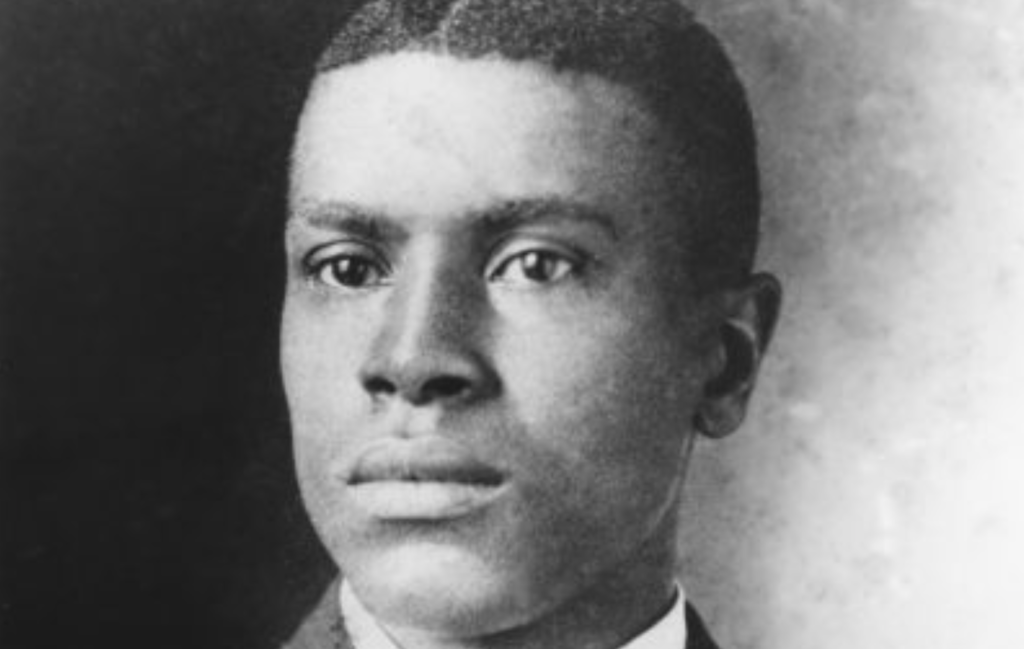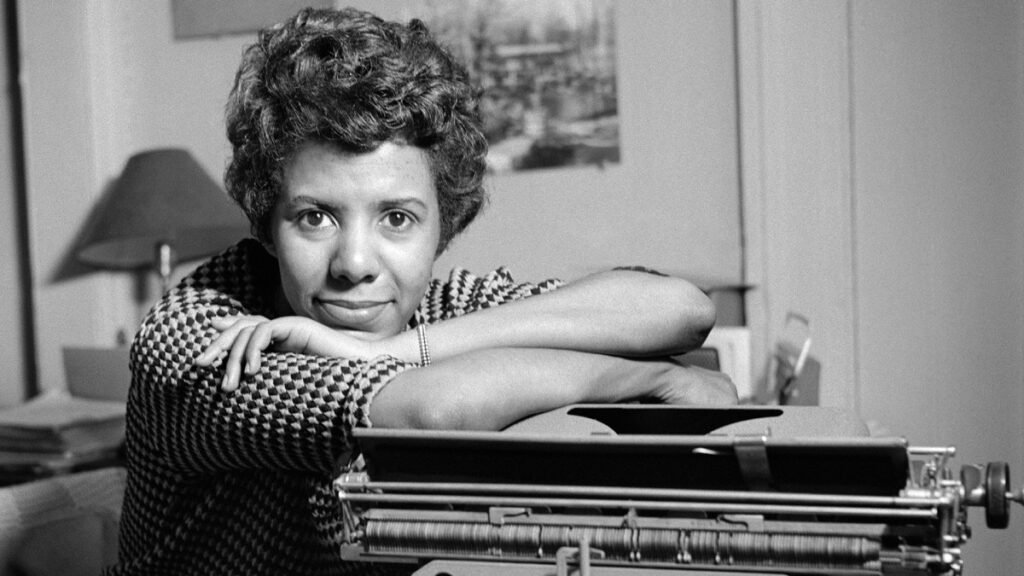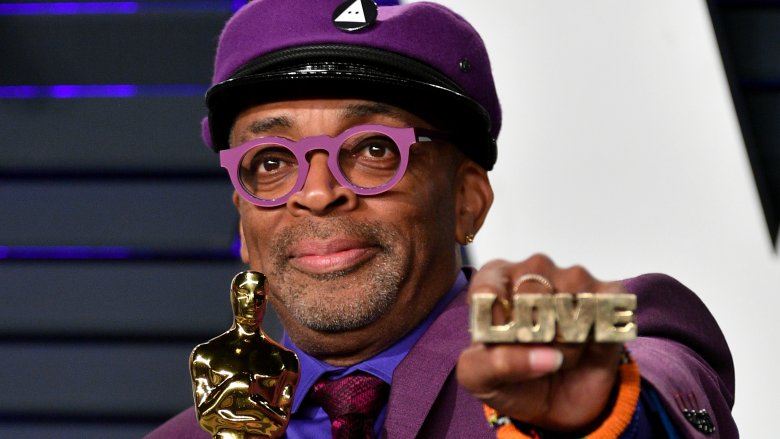Black screenwriters have made significant contributions to the film and television industry, bringing diverse stories and perspectives to screens across the world. Despite facing challenges such as limited opportunities and representation, these writers have persevered and created impactful works that have resonated with audiences and made an indelible mark on the entertainment industry. This blog post aims to celebrate the achievements of black screenwriters and highlight some of their most influential works, and delve into the challenges they have faced in a predominantly white industry.
Black Screenwriters: The Importance of Representation
Representation in film and television is crucial as it helps people see themselves reflected in the stories being told. It also helps to challenge stereotypes and promotes understanding and empathy. When black screenwriters are given the opportunity to tell their own stories, it creates a space for authentic and diverse representation.
Black screenwriters bring their unique perspectives and experiences to their works, offering a window into the lives and cultures of communities that are often underrepresented in mainstream media. This contributes to the cultural landscape and helps to broaden the scope of stories that are being told.
The contribution of black screenwriters has a positive impact on the film and television industry, providing fresh and original content that appeals to a wide range of audiences. This has resulted in the creation of critically acclaimed and commercially successful works that have resonated with audiences around the world.
Storytelling is a powerful tool for conveying important messages and shedding light on important issues. By giving black screenwriters a platform to tell their stories, they are able to address issues such as race, identity, and social justice in a way that is both personal and impactful.
The film and television industry has a long history of underrepresentation and marginalization of black people. However, the work of black screenwriters is helping to change this by bringing more diverse and representative stories to screens across the world. This helps to challenge the status quo and pave the way for further progress.
The success of black screenwriters can serve as an inspiration for future generations, encouraging more diversity and representation within the industry. It is essential to continue promoting the works of black screenwriters and ensuring that they have equal opportunities and representation in the future. This will help to create a more inclusive and diverse film and television landscape that better represents the world we live in.
Black Screenwriters: Pioneers of Black Screenwriting
Oscar Micheaux

Considered one of the first black filmmakers and screenwriters, Oscar Micheaux wrote, directed, and produced over 40 films in the early 20th century. His works tackled important issues such as race relations and segregation, and helped to pave the way for future generations of black filmmakers.
Lorraine Hansberry

Lorraine Hansberry was a playwright and screenwriter, best known for her award-winning play, “A Raisin in the Sun.” She was one of the first black women to have a play produced on Broadway and her works addressed important social and political issues, including segregation, poverty, and the Civil Rights Movement.
Julius J. Epstein

Julius J. Epstein was a screenwriter and producer who broke barriers in Hollywood as one of the first black screenwriters to work in the industry. He wrote for a number of popular films and television shows, including “Casablanca,” and his works helped to promote diversity and representation in the industry.
Spike Lee

Spike Lee is a writer, director, and producer who has had a significant impact on the film and television industry. He has written and directed numerous critically acclaimed films, including “Do the Right Thing” and “Malcolm X,” and has been a vocal advocate for diversity and representation in Hollywood.
Ava DuVernay

Ava DuVernay is a writer, director, and producer who has made a significant impact in the film and television industry. She has written and directed a number of award-winning films and television shows, including “Selma” and “When They See Us,” and has been a vocal advocate for diversity and representation in Hollywood.
Ryan Coogler

Ryan Coogler is a writer and director who has made a significant impact in the film and television industry. He has written and directed a number of critically acclaimed films, including “Fruitvale Station” and “Black Panther,” and has been a vocal advocate for diversity and representation in Hollywood. These pioneers of black screenwriting have paved the way for future generations of black filmmakers and helped to promote diversity and representation in the industry.
Black Screenwriters: Breaking Barriers
Black screenwriters have faced significant discrimination and marginalization throughout the history of the film and television industry. Despite this, they have persevered and overcome these barriers to make their mark and have their voices heard.
Black screenwriters have often been limited in their opportunities to write and create within the industry. This has been due to a lack of representation and institutional barriers that have made it difficult for them to break into the industry and get their works produced.
Representation is crucial in overcoming these barriers and helping to create a more inclusive and diverse film and television landscape. By giving black screenwriters a platform to tell their stories, they are able to bring their perspectives and experiences to the forefront and challenge stereotypes.
Despite the challenges they have faced, black screenwriters have continued to use their craft to tell important and impactful stories. Their works have tackled important issues such as race, identity, and social justice, and have helped to promote understanding and empathy.
The film and television industry benefits from the diversity and perspectives that black screenwriters bring to the table. Their works have helped to broaden the scope of stories that are being told and have contributed to the cultural landscape.
While there is still a long way to go, the contributions of black screenwriters have helped to break down barriers and create a more inclusive and diverse film and television landscape. It is essential to continue to support and promote the works of black screenwriters to ensure that they have equal opportunities and representation in the future.
Black Screenwriters: Celebrating Black Voices
Celebrating Black voices in screenwriting is a crucial aspect of promoting diversity and representation in media. For too long, Black writers have been underrepresented and their stories have been marginalized in the film and television industry. By recognizing and promoting the works of Black screenwriters, we can bring new perspectives and stories to the forefront.
The film and television industry has a long history of neglecting Black voices, both in front of and behind the camera. Despite this, Black screenwriters have been making important contributions to the industry for decades. From early pioneers like Oscar Micheaux and Spencer Williams to contemporary writers like Barry Jenkins and Lena Waithe, Black screenwriters have been telling stories that are powerful, thought-provoking, and impactful.
Celebrating Black voices in screenwriting involves providing opportunities for Black writers to have their work produced and distributed. This can be accomplished through initiatives like screenwriting competitions, mentorship programs, and workshops. By offering these opportunities, we can help Black writers develop their skills and bring their stories to a wider audience.
In addition to providing opportunities for Black writers, it’s also important to create spaces where their stories can be told. This can be achieved through the production and distribution of films and television shows written by Black writers. By increasing the representation of Black writers in the industry, we can help to shift the cultural narrative and bring more diverse stories to the forefront.
Another way to celebrate Black voices in screenwriting is by recognizing their contributions to the industry. This can be done through awards, film festivals, and other events that celebrate the work of Black writers. By giving Black writers the recognition they deserve, we can help to inspire future generations of Black writers and encourage them to pursue their dreams.
Celebrating Black voices in screenwriting is essential to promoting diversity and representation in media. By providing opportunities, creating spaces, and recognizing the contributions of Black writers, we can bring new perspectives and stories to light and help to build a more inclusive film and television industry.
Black Screenwriters: Black Stories, Universal Themes
Black stories are an integral part of the human experience, reflecting the diverse perspectives and experiences of people of African descent. Despite being often marginalized and underrepresented in media, Black stories offer unique perspectives on universal themes such as love, struggle, triumph, and resilience. By exploring these themes through the lens of Black experiences, Black stories can offer a deeper understanding of the human condition and connect people across cultural and racial boundaries.
One of the most powerful universal themes explored in Black stories is the struggle for equality and justice. Black writers have long been at the forefront of telling stories about the fight for civil rights and social justice, giving voice to the experiences of marginalized communities and inspiring others to join the fight for a more just world.
Another universal theme explored in Black stories is the strength and resilience of the human spirit. Black writers have a long tradition of telling stories that highlight the triumph of the human spirit over adversity, showcasing the resilience and determination of Black people in the face of discrimination and oppression. Through these stories, Black writers offer a powerful message of hope and inspire audiences to believe in their own strength and resilience.
Love and relationships are also common themes in Black stories. Black writers have explored the complexities of love and relationships in a variety of contexts, from romantic relationships to family dynamics. These stories provide a rich and nuanced understanding of the human experience, exploring the joys and struggles of relationships and the ways in which they shape our lives.
The themes of heritage and cultural identity are also central to many Black stories. Black writers often explore the importance of cultural traditions, language, and community in shaping their identities and experiences. These stories offer a unique perspective on the intersections of race, culture, and identity, and the ways in which they shape our experiences of the world.
Black stories offer a powerful lens through which to explore universal themes such as love, struggle, triumph, and resilience. By celebrating Black voices in screenwriting and amplifying their stories, we can deepen our understanding of the human experience and connect people across cultural and racial boundaries. By promoting Black stories, we can help to build a more inclusive and equitable world, one story at a time.
The Future of Black Screenwriting
The future of Black screenwriting is poised for growth and continued impact in the film and television industry. With increasing demand for diverse representation both in front of and behind the camera, Black screenwriters have an opportunity to bring their unique perspectives and stories to a wider audience. The rise of streaming platforms has also provided new opportunities for Black writers, allowing them to reach audiences in new and innovative ways.
In order to ensure a bright future for Black screenwriting, it will be important to continue promoting diversity and representation in the industry. This can be accomplished through initiatives like screenwriting competitions, mentorship programs, and workshops, which can help to develop the skills of Black writers and bring their stories to a wider audience.
In addition to providing opportunities for Black writers, it will also be important to create an inclusive culture in the industry that supports and celebrates Black voices. This can involve recognizing the contributions of Black writers, promoting their work, and creating spaces where their stories can be told. By doing so, we can help to shift the cultural narrative and bring more diverse stories to the forefront.
The growth of Black-led production companies and the increasing popularity of Black-centered content also bode well for the future of Black screenwriting. These developments signal a growing recognition of the importance of Black voices and the need for greater representation in the industry. By supporting these initiatives, we can help to ensure a bright future for Black screenwriting.
The intersection of technology and storytelling is also shaping the future of Black screenwriting. As new technologies emerge, Black writers will have the opportunity to experiment with new storytelling forms and reach audiences in new ways. From virtual reality to augmented reality, technology is providing new tools for Black writers to tell their stories and reach new audiences.
In conclusion, the future of Black screenwriting is promising, with increasing opportunities for Black writers to bring their unique perspectives and stories to a wider audience. By promoting diversity and representation, creating inclusive cultures, and embracing new technologies, we can help to ensure a bright future for Black screenwriting and bring more diverse stories to light.
Related:


Leave a Reply